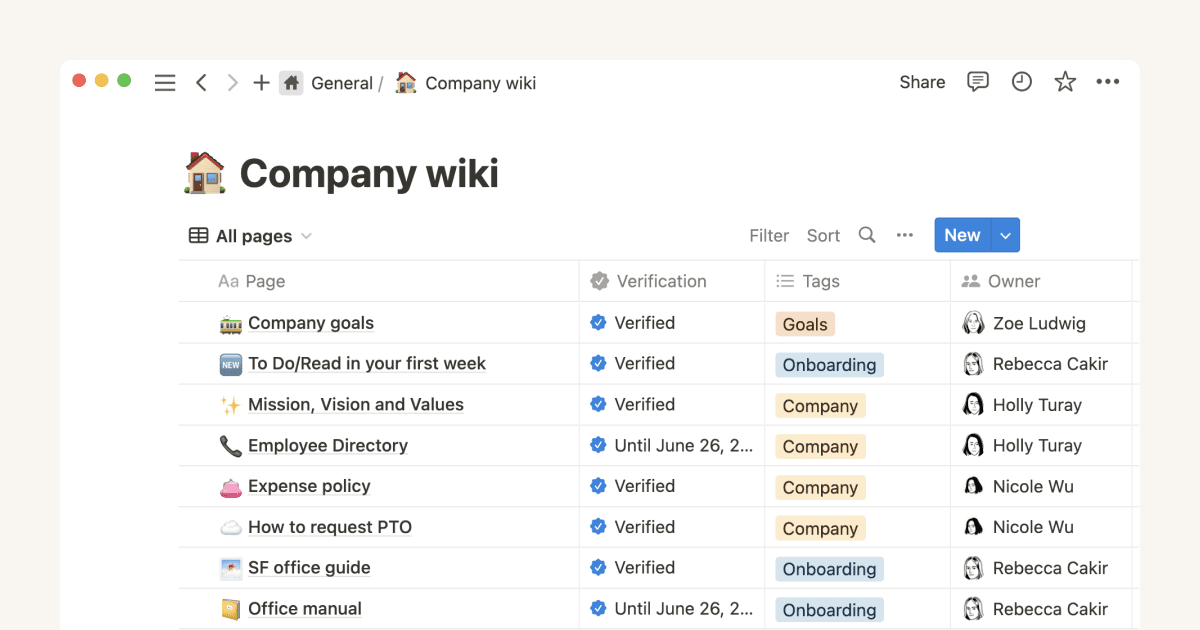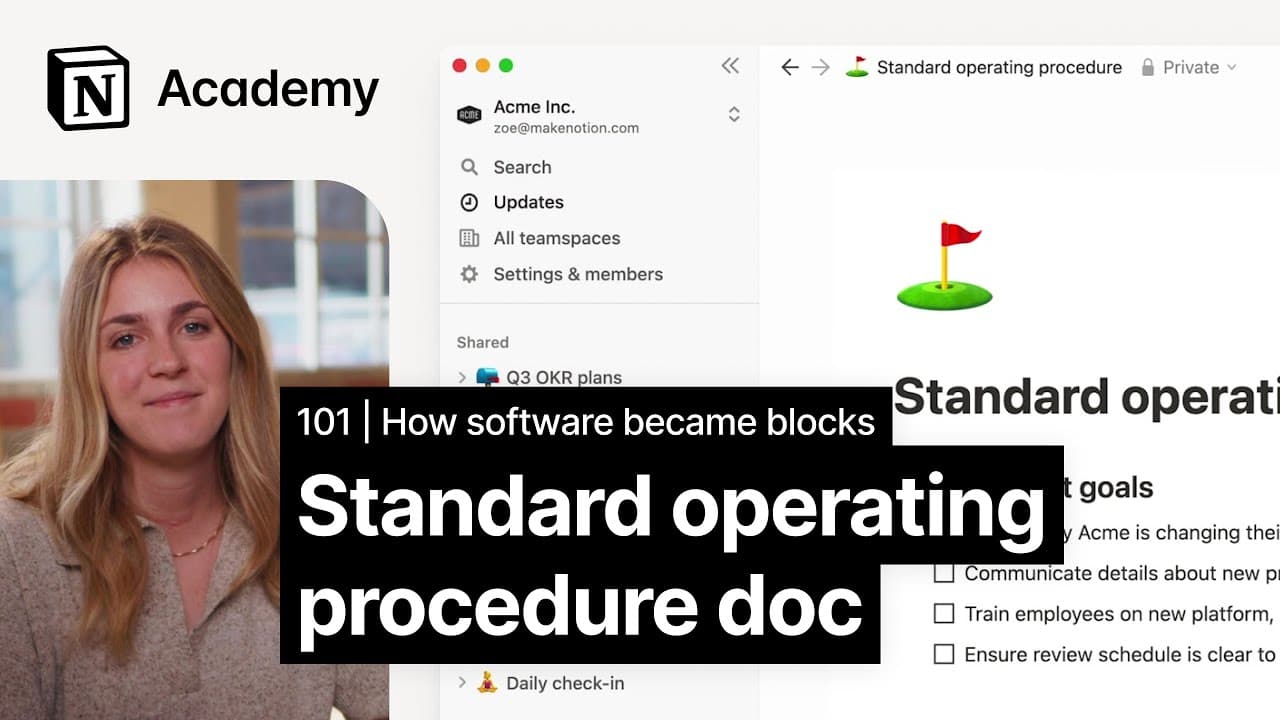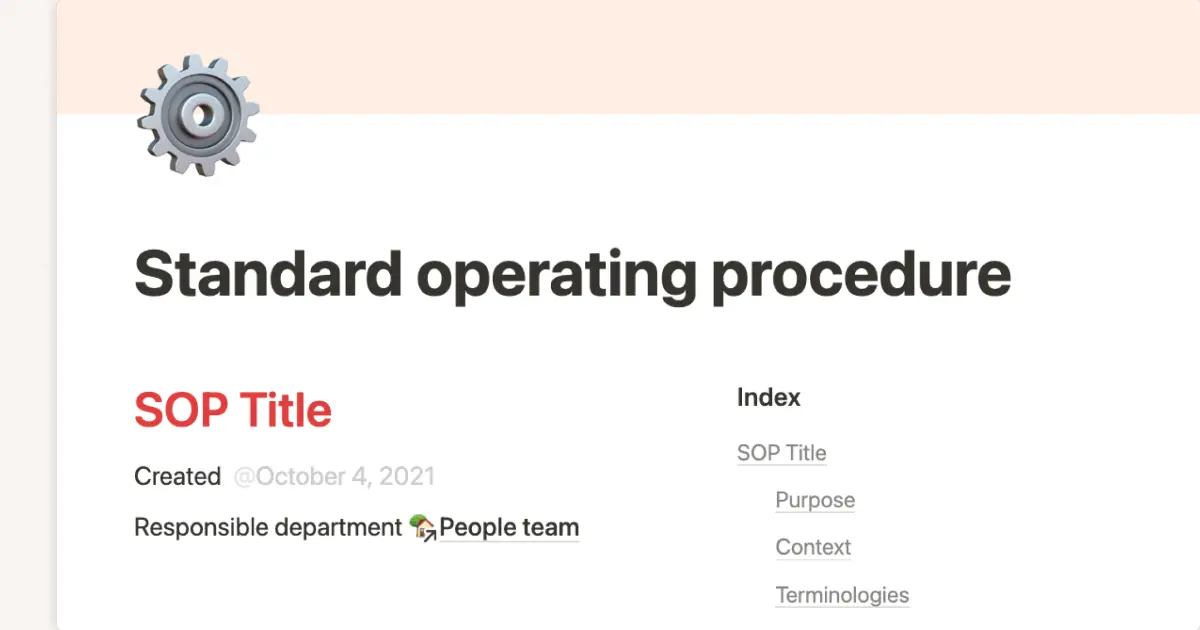Truck Dispatcher SOPs

Acerca de esta plantilla
This template contains Standard Operating Procedures (SOPs) for truck dispatchers, designed to ensure efficient, safe, and compliant operations. The document outlines ten key SOPs, including managing load assignments, communicating with drivers, updating the Transportation Management System (TMS), handling delays or emergencies, and scheduling routes. Each SOP details the purpose, scope, necessary steps, and cross-references to related procedures, providing a comprehensive guide for dispatchers.
The first SOP focuses on managing load assignments, emphasizing timely and efficient allocation of freight while maximizing profitability and customer satisfaction. It includes reviewing the daily load board, verifying driver availability, matching drivers with suitable loads, communicating assignments clearly, and monitoring load progress. This procedure aims to streamline the assignment process and ensure loads are delivered on schedule.
Communication with drivers is covered in the second SOP, which stresses clear and effective communication channels. It details establishing communication methods, providing clear instructions, maintaining regular check-ins, resolving issues promptly, and documenting key communications. This SOP ensures that drivers are well-informed and any problems are addressed efficiently.
Updating load status in the TMS is the focus of the third SOP, which aims to ensure accurate, real-time tracking of freight loads. This includes inputting initial load details, updating status during pickup and delivery, handling status changes in real-time, and communicating updates to stakeholders. Accurate TMS updates improve operational visibility and customer satisfaction.
The document also addresses handling unexpected delays or emergencies, emphasizing safety and structured problem-solving. It outlines steps for identifying issues, prioritizing safety, gathering details, evaluating the impact, communicating with stakeholders, coordinating solutions, and conducting post-incident reviews. These procedures help minimize disruption and ensure safety during freight transportation.













